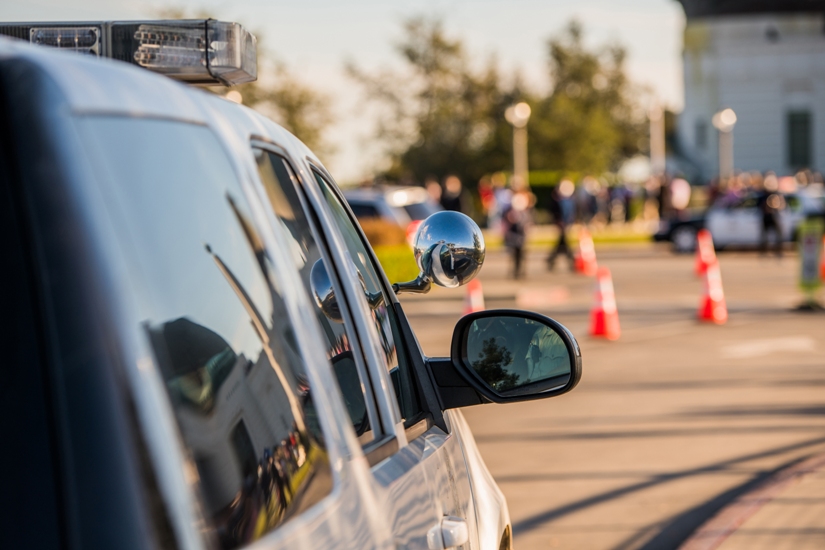Curfews, Checkpoints, and Civil Rights: What You Need to Know During a State of Emergency

Recent events have drawn a sharper focus on the government’s power during a state of emergency. If your civil rights have been violated by wrongful government action, The Los Angeles civil rights attorneys at The Skapik Law Group can help.
While the government may have power to declare a curfew or establish checkpoints, you have your own constitutional rights that may come into play. The law does give some special consideration to the government in emergency situations, although their police powers are balanced against your own individual rights. It is possible for the government to overstep and violate your rights.
Schedule a free initial consultation with the Los Angeles County civil rights lawyers at The Skapik Law Group by calling us at (909) 398-4404. Even when the government is involved in your case, you are far from powerless.
The Government May Take Special Measures in a State of Emergency
The government may declare a state of emergency in certain circumstances because of its police power. Recently, the government has declared a state of emergency in California due to the ongoing immigration protests. When that happens, some of your rights as a citizen or resident of the United States may be curtailed. However, you still have constitutional and legal rights remain in effect. If the government violates these rights, you may have the right to file a lawsuit.
The government, as the sovereign, maintains certain powers that it can use to protect the general public. Upfront, you should know that the government has more leeway to act when they have declared a state of emergency. There is a tension between your rights as an individual and the job that the government needs to do to keep the public safe. Accordingly, the government may do things such as:
- Erect roadblocks
- Establish curfews
- Impose restrictions on businesses
- Evacuate certain areas
Nonetheless, you still have civil rights, even when there is a declared state of emergency. The government may stretch, or even abuse, its emergency powers. As Justice Robert Jackson said in the case of Youngstown Sheet & Tube Company v. Sawyer; “emergency powers tend to create emergencies.”
Checkpoints
During a state of emergency, it is generally permissible for the government to establish checkpoints, although their rights may be limited. The government does have its own interest in law enforcement and public safety during a state of emergency. This interest is balanced against your own rights that include your Fourth Amendment protection from an illegal search and seizure.
According to the United States Supreme Court in Indianapolis v. Edmond, it is generally legal for the authorities to establish checkpoints provided that there is a special interest beyond crime control, and they are not unreasonable. Even if there is a state of emergency, the government would still need to prove that there is a special interest.
Even if you are stopped at a checkpoint, your general constitutional rights still apply. You have the right to be free from an unreasonable search or seizure, and you also have the right to remain silent. A state of emergency does not mean that these rights go away. The government cannot simply search your pockets or take you into custody just because you have been stopped at a checkpoint.
If you have been affected by police conduct during a state of emergency, you may still file a civil rights lawsuit against the police department. A court would likely consider the government’s power and interest, reflecting the state of emergency. However, the government does not have the right for mass civil rights violations. If they have overstepped their powers, and you have suffered damages, you can hold them accountable.
Contact a Los Angeles County Civil Rights Law Firm Today
Reach out to the Los Angeles civil rights lawyers at The Skapik Law Group to learn more about whether you can sue the government for their actions during a state of emergency. You can speak with a civil rights attorney by visiting our website or by calling us today at (909) 398-4404.

